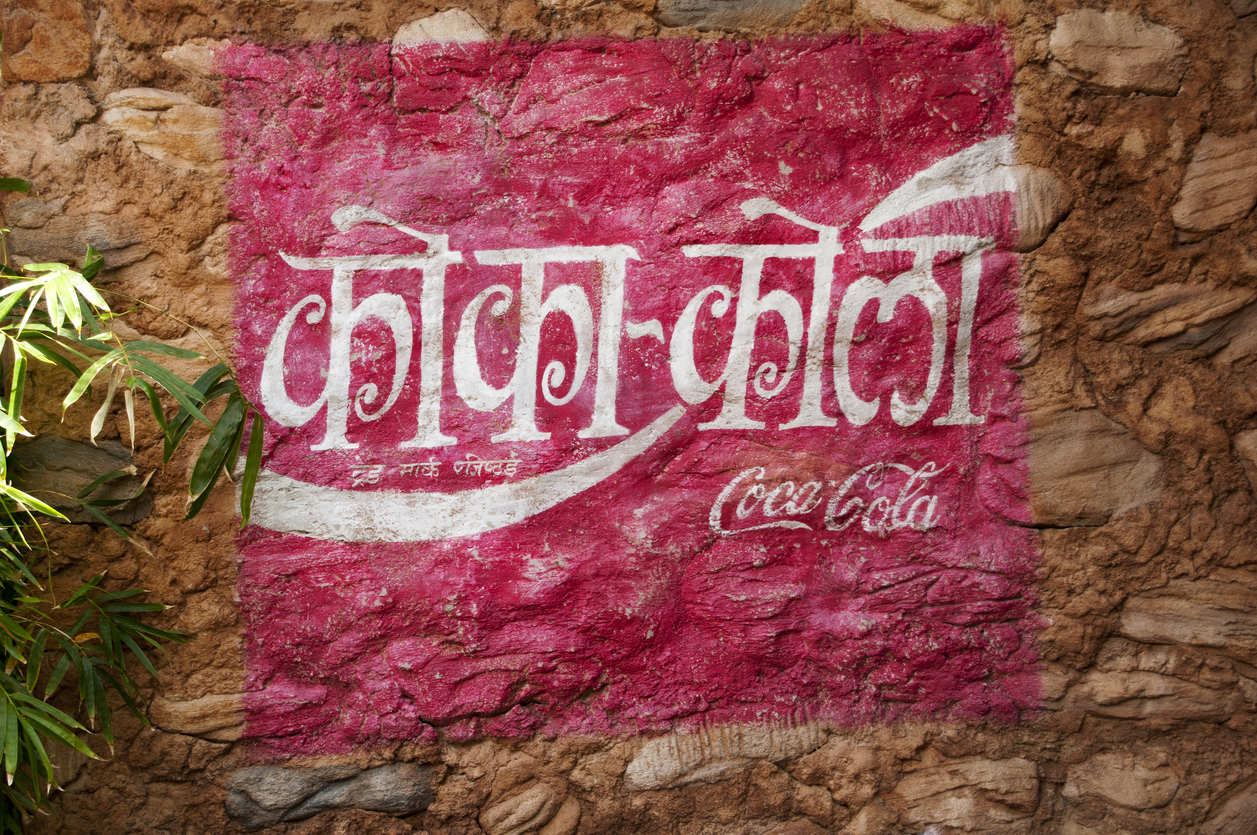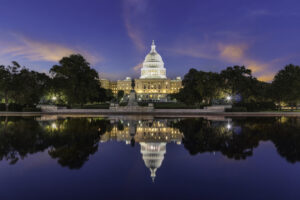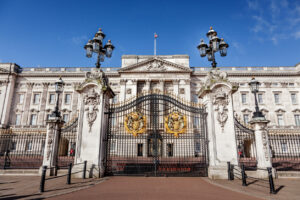The Scoop: Coca-Cola retracts ad in Bangladesh over misleading statements about Palestine
Plus: NBC celebrates a golden Olympics; Donald Trump falsely claims images of Harris campaign are AI.

The war between Israel and Hamas continues to rage in Palestine, leaving more than 41,000 people dead and a deep humanitarian crisis.
While business implications for this crisis are far less pressing, they are nonetheless still a consideration for all manner of organizations, especially those with ties to either the United States or Israel.
Many U.S.-based companies, including McDonald’s and Starbucks, are facing boycotts in the Middle East over America’s role in funding and supplying arms to Israel, resulting in hits to earnings. But arguably the company facing the most pushback at the moment is Coca-Cola.
The Washington Post reports that the soda company was already reeling from boycotts, including a 23% decrease in sales in Bangladesh. In an attempt to regain the trust of customers, Coca-Cola put out a video that featured Sharaf Ahmed Jibon, a well-known South Asian actor, as a shopkeeper who reassures skeptical young patrons that Coca-Cola is not an Israeli company and the company supports Muslims. “Even Palestine has a Coke factory,” he points out.
While it’s true that there is a Coke factory in Palestine, it’s owned by an Israeli company and is located on land considered illegally annexed under international law.
The backlash was swift and severe as consumers took to social media to share how and why the claim was misleading. The actors involved received death threats. Coca-Cola pulled the advertisement from the air.
“As a global brand, we partner with local franchises to serve local communities. We acknowledge that the recent video missed the mark, and we apologize,” Scott Leith, vice president for global strategic communication at Coca-Cola, told the Washington Post.
Why it matters: Coca-Cola’s attempts at shoring up support in Muslim nations that support Palestine wound up doing additional damage to their brand that will take years to repair.
There was little Coca-Cola could do about the fact that it’s a company with ties to both America and Israel. But by attempting to oversell its connections in the Middle East, it only brought to light just how deeply enmeshed the company is with the system that so many are protesting against.
Audiences today are savvy. No matter where you are in the world, most people have access to smartphones and can fact check your messaging in the blink of an eye. While what Coca-Cola’s advertisement said was technically true, hiding the pertinent details of that plant’s location and ownership only proved the worst fears of those the ad was intended to reassure.
The crisis in Palestine is not going away any time soon. All organizations with any kind of presence in the Middle East must be on their toes and prepared to deal with the thorny situation with as much honesty and transparency as possible. Even those without strong ties to the region are left dealing with the strong feelings raised around the conflict, such as universities, which are already bracing for another year of protests.
As much as organizations might like to stay apolitical, that’s often simply not an option. When forced into speaking for business reasons, stick to the truth. It’ll always serve you better.
Editor’s Top Reads:
- The Olympics came to an end last night with an epic closing ceremony that saw the torch literally and metaphorically passed off to Los Angeles, which will host the next global competition in 2028. But NBC is coming home with the gold after a record-breaking ratings run. The 2021 Olympics in Tokyo were an oddity, as is evidenced by the fact that they were held in 2021 rather than 2020, and the pandemic necessitated an odd set of games that had depressed ratings. Paris saw a great resurgence in viewing, at least in the United States: Combined viewership across television and streaming platforms was up 76%. Viewership of the men’s basketball gold medal game that saw the U.S. maintaining its dominance reached the highest levels since 1996, when a team led by basketball legends like Shaquille O’Neal and Scottie Pippen won at home. Early fears that the controversial opening ceremonies might lead to boycotts in the U.S. proved unfounded, and the games were executed in a way that was safe, fun and led to big boosts for the brands involved. Expect interest to reach a fever pitch as the games come to the United States in 2028. The time to start planning is now.
- Former President Donald Trump has falsely accused his political opponent, Vice President Kamala Harris, of faking some of her crowd sizes using AI. There were, indeed, thousands of people waiting to greet her plane, which is easily confirmed given the many photos and videos taken by journalists and regular people who attended the rallies. Yet Trump is claiming – and some people will believe – that the images are “A.I.’d,” as the Republican candidate put it. We talk a great deal about the dangers of deepfakes, but just as dangerous is the claim that something real is actually false. In this case, it’s easily disproven by the thousands of eyewitnesses, but that might not always be true. Prepare for this unique AI contingency just as you would for deepfakes.
- On a related note, a study from the Journal of Hospitality Marketing & Management revealed that using “AI” in marketing can actually turn consumers off. In a head-to-head matchup, various products ranging from vacuum cleaners to health services, were described as either “AI” or “high-tech.” Across the board, people were less likely to buy the “AI” option. The researchers attributed that to a lack of trust in the emerging technology – both in how it’s implemented and what it means for user privacy. While AI might be a buzzy word right now, it carries risks. Use wisely.
Allison Carter is editor-in-chief of PR Daily. Follow her on Twitter or LinkedIn.







